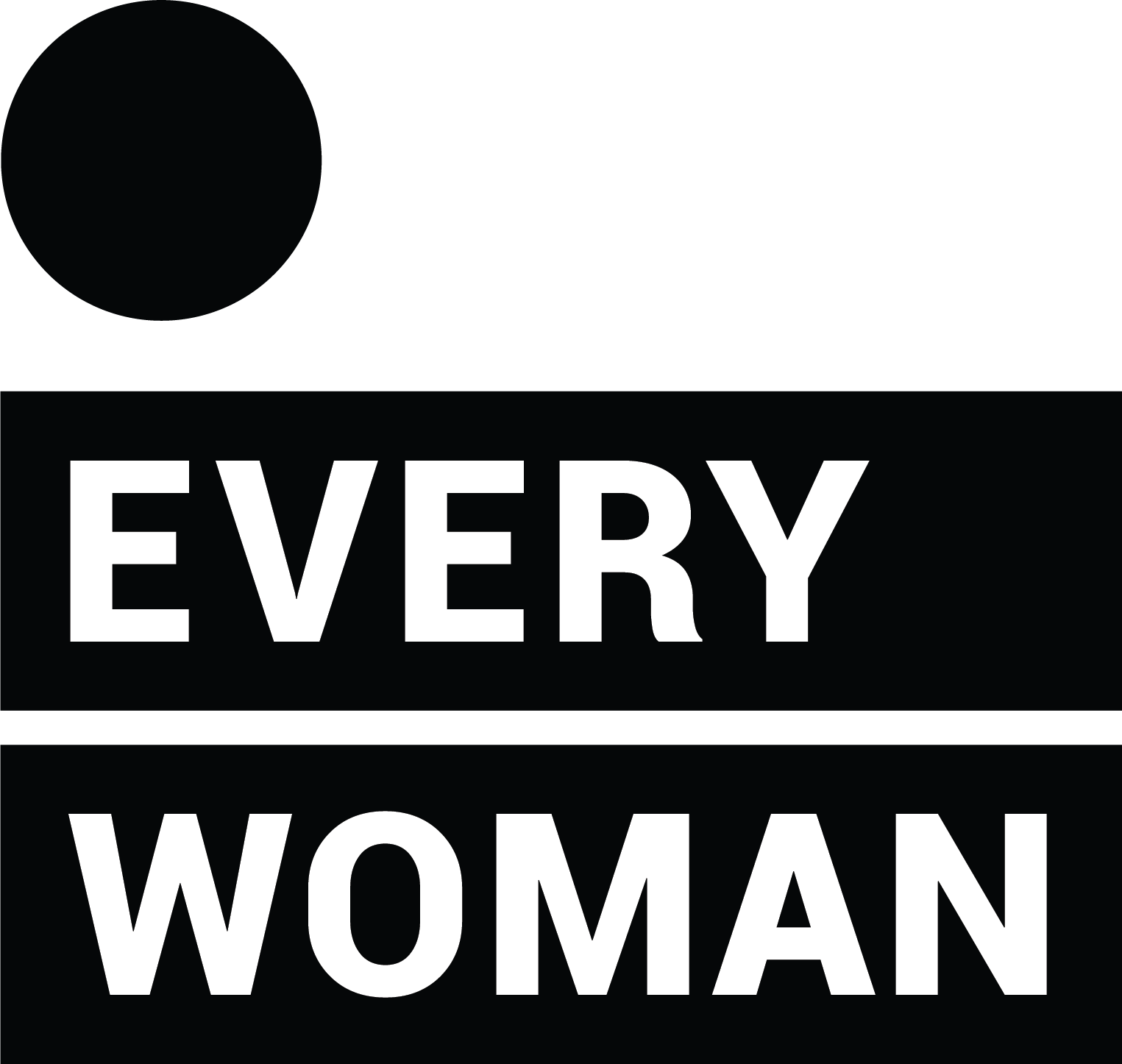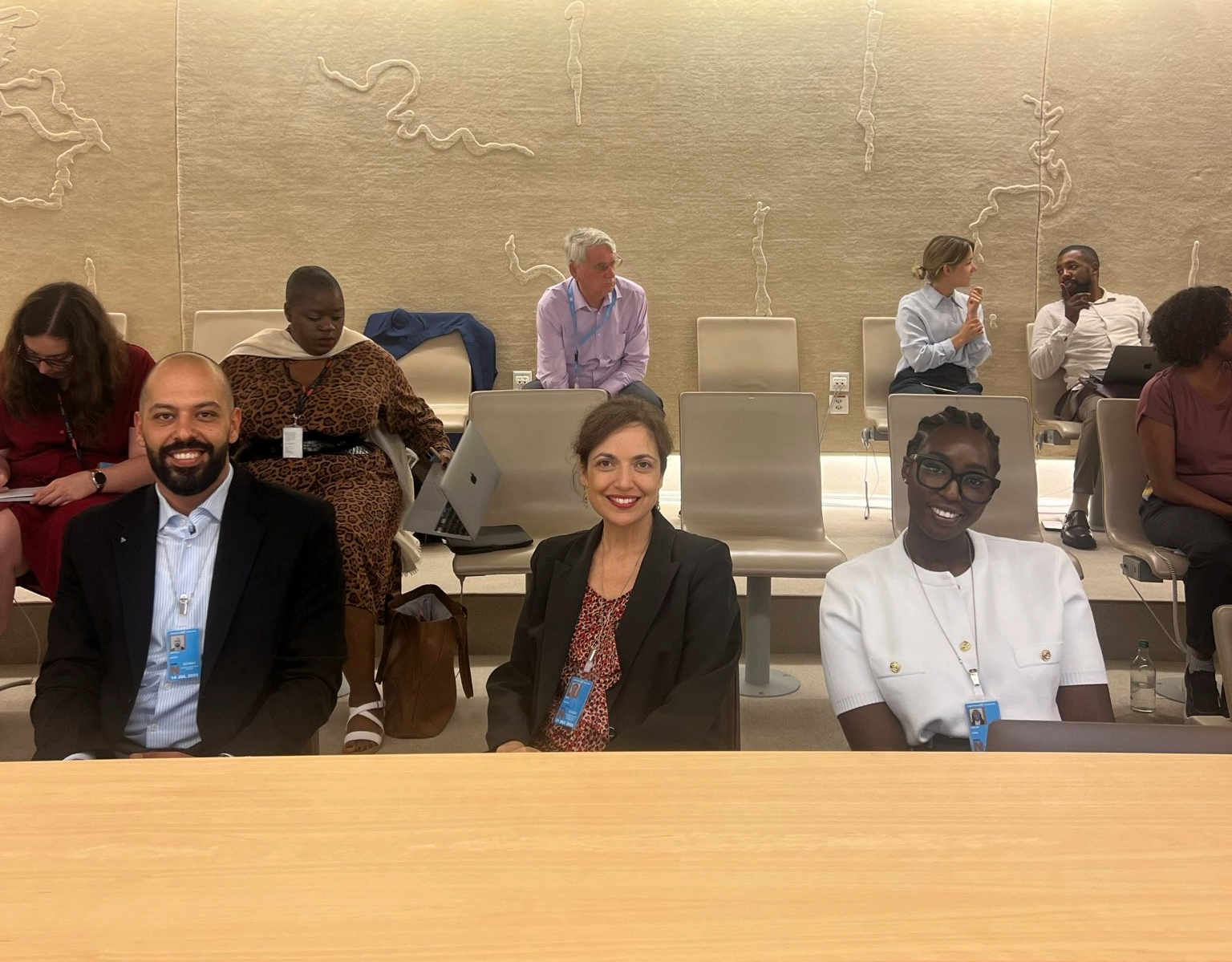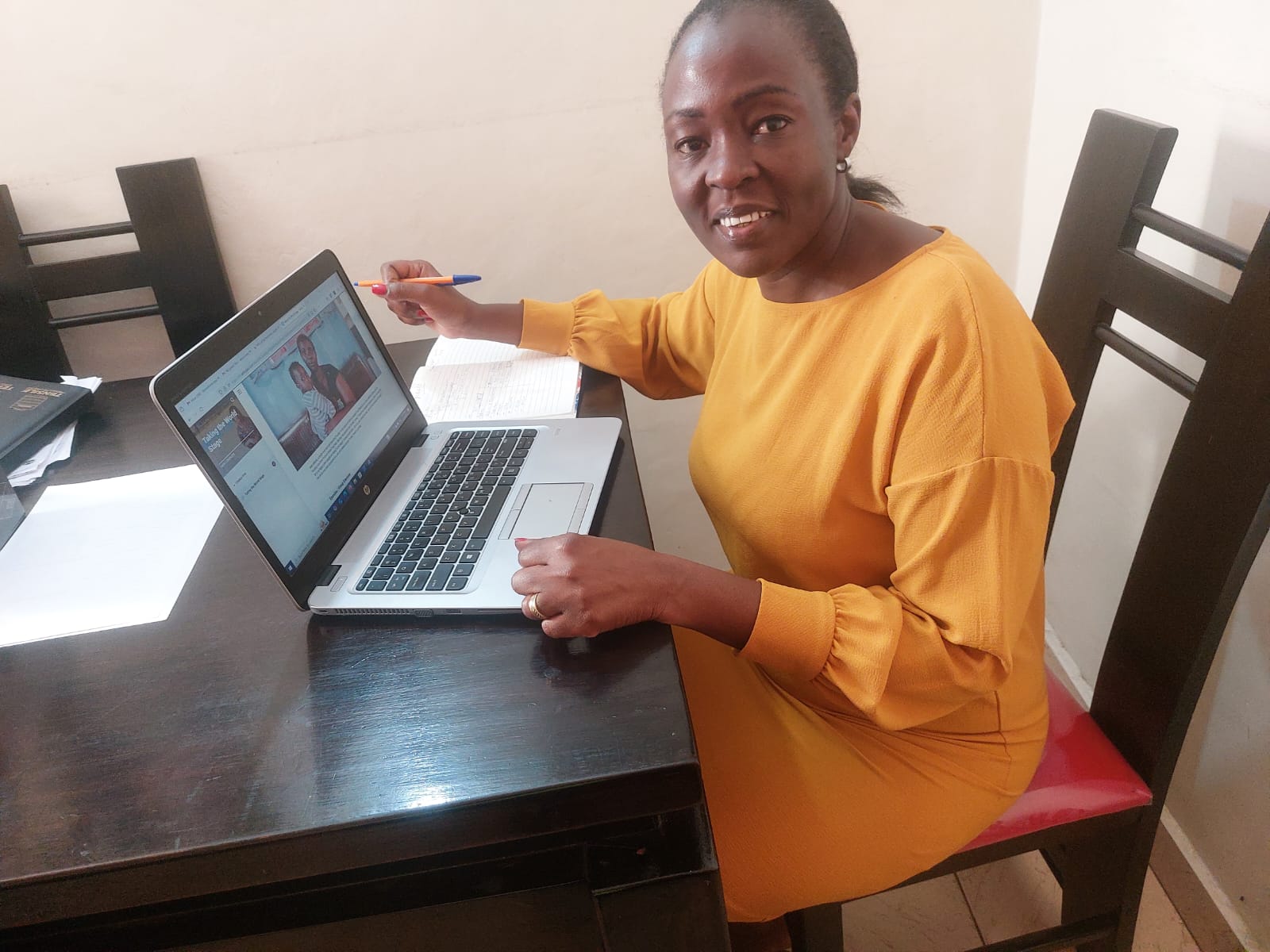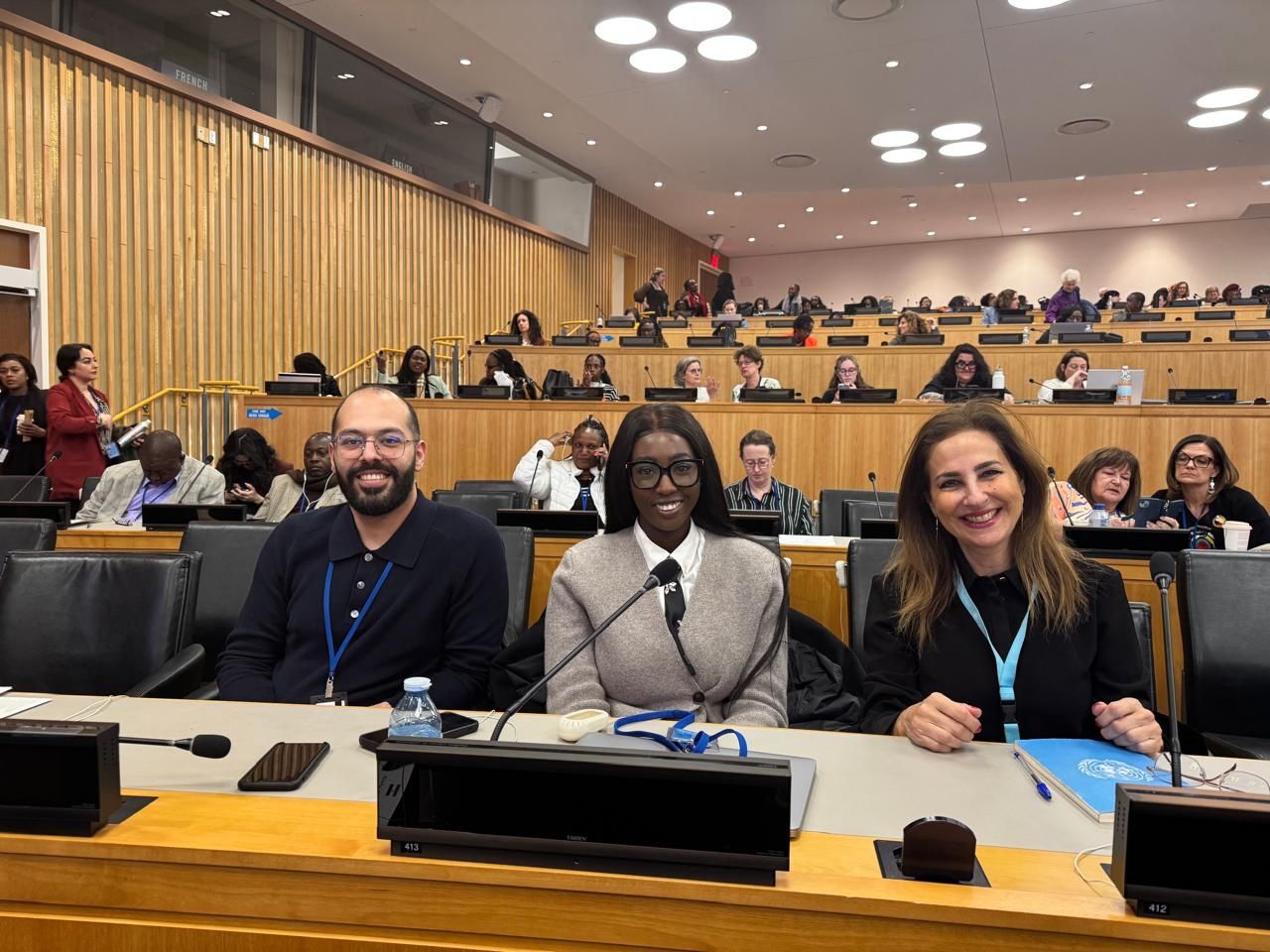Today, during the UN High-level meeting to mark the twenty-fifth anniversary of the International Day for the Elimination of Violence against Women, the Croatian Ambassador called for examining the need for a new Optional Protocol to CEDAW!
His Excellency Ivan Šimonović, Ambassador of Croatia to the United Nations in New York, opened his remark by sharing his personal support on the need to evaluate the strength of the current framework on violence against women and girls. He offered an overview of progress, from the adoption of the Convention on the Elimination of All Forms of Discrimination against Women (CEDAW) to the Declaration on the Elimination of Violence against Women and CEDAW general recommendations on violence against women and girls.
“Now,” he said, “we need to examine the need for the optional protocol to CEDAW on Violence against Women, as called for by the past and current UN special rapporteurs on violence against women, in their joint statement.”
The ambassador also called for upgrading and accelerating the Beijing Platform for Action and revitalizing the UN Commission on the Status of Women with a comprehensive mandate that works in partnership with civil society.
Here are his full remarks:
High-level meeting to mark the twenty-fifth anniversary of the International Day for the Elimination of Violence against Women
Ivan Šimonović, Ambassador of Croatia to the UN, New York
President, Dear Colleagues,
The 25th anniversary of the International Day for the Elimination of Violence against Women is an opportunity to take stock of the significant steps we have undertaken, but also highlight our shortcomings as well as to reflect on the way forward. Croatia aligns itself with the statement of the EU, and in my three national minutes, I will launch three concrete proposals.
First, we need to examine the strength of the established normative framework on violence against women. It started with the adoption of the CEDAW Convention in 1979 but without a specific article on violence against women. It was followed by the adoption of the Declaration on the Elimination of Violence against Women in 1993 as an important universal but not legally binding instrument, the CEDAW committee adopted general recommendation number 19 on violence against Women, which framed it as a form of discrimination against women. And finally, in 2017 in cooperation with the Special Rapporteur on Violence against Women, it upgraded into General Recommendation 35 on Gender-based violence against women. Now we need to examine the need for the optional protocol to CEDAW on Violence against Women, as called for by the past and current UN special rapporteurs on violence against women, in their joint statement.
Second, to upgrade and accelerate the implementation of international law, including the Beijing platform for action. We need to develop new tools. In this respect, we should encourage the establishment of Femicide watches at the national, regional, and global levels as an effective prevention tool against gender-based killings of women and girls.
Third, in 1946, we have established the Commission on the Status of Women. This year in the Pact for the Future, we have committed ourselves to its revitalization in line with its comprehensive mandate. This should be an inclusive intergovernmental process in close partnership with civil society, as well as the UN and the regional expert mechanisms. United in the elimination of discrimination and violence against Women platform. The implementation-focused revitalization would enable the commission to serve its purpose and practically contribute to women’s human rights and a life free from violence.
I thank you.




